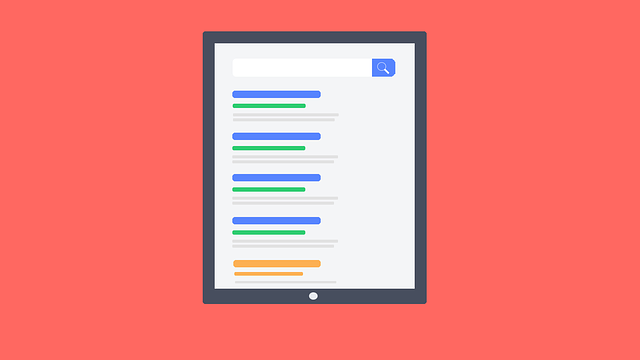Comprehensive SEO Audits are vital for businesses aiming to succeed online, offering detailed analysis of website visibility, performance, structure, and technical aspects like loading speeds. During these audits, addressing issues like HTTP status code 504 Gateway Timeout is crucial to enhance user experience and search rankings, especially on CMS-based sites with external API dependencies. Developers must check API endpoints for functionality, configuration, and responsiveness to ensure optimal site performance.
In today’s digital landscape, a robust online presence is paramount for businesses aiming to thrive. This is where Comprehensive SEO Audits step in as game changers. Our article delves into the intricacies of these powerful tools, exploring how they navigate the complex web of search engine optimization (SEO). From identifying keyword gaps to analyzing on-page elements, we uncover the key components of a comprehensive audit, offering insights that can revolutionize your online strategy and boost visibility.

In today’s digital landscape, a Comprehensive SEO Audit is an indispensable tool for any business aiming to thrive online. These in-depth analyses go beyond surface-level optimization, delving into every facet of a website’s search engine visibility. By examining key performance indicators, site structure, keyword strategies, and technical aspects like loading speeds, audits provide a holistic view of a site’s SEO health. They identify both strengths and weaknesses, highlighting areas that require strategic adjustments to stay competitive in the ever-evolving digital realm.
Comprehensive SEO Audits are not one-size-fits-all; they must be tailored to each business’s unique needs. Professional SEO experts use specialized tools to collect data, analyze trends, and offer actionable insights. These audits aren’t just about fixing problems; they guide businesses in making informed decisions, enhancing user experience, and ultimately driving organic traffic growth—crucial elements for sustained success in the digital arena.
API responded with status code 504.

When conducting a comprehensive SEO audit, it’s crucial to pay close attention to any technical glitches that may impact your website’s performance. One such issue is the HTTP status code 504 Gateway Timeout. This error indicates that the server did not receive a timely response from an upstream server while attempting to fulfill the request. In simple terms, it means that there’s a delay or communication breakdown between your site and another service it relies on.
This timeout can significantly affect user experience and search engine rankings. For instance, if your website is built on a content management system (CMS) that interacts with external APIs for data retrieval, a 504 error could lead to blank pages or delayed loading times. To resolve this, developers must conduct a thorough investigation, ensuring the API endpoints are functional, properly configured, and capable of handling requests within acceptable time frames.
